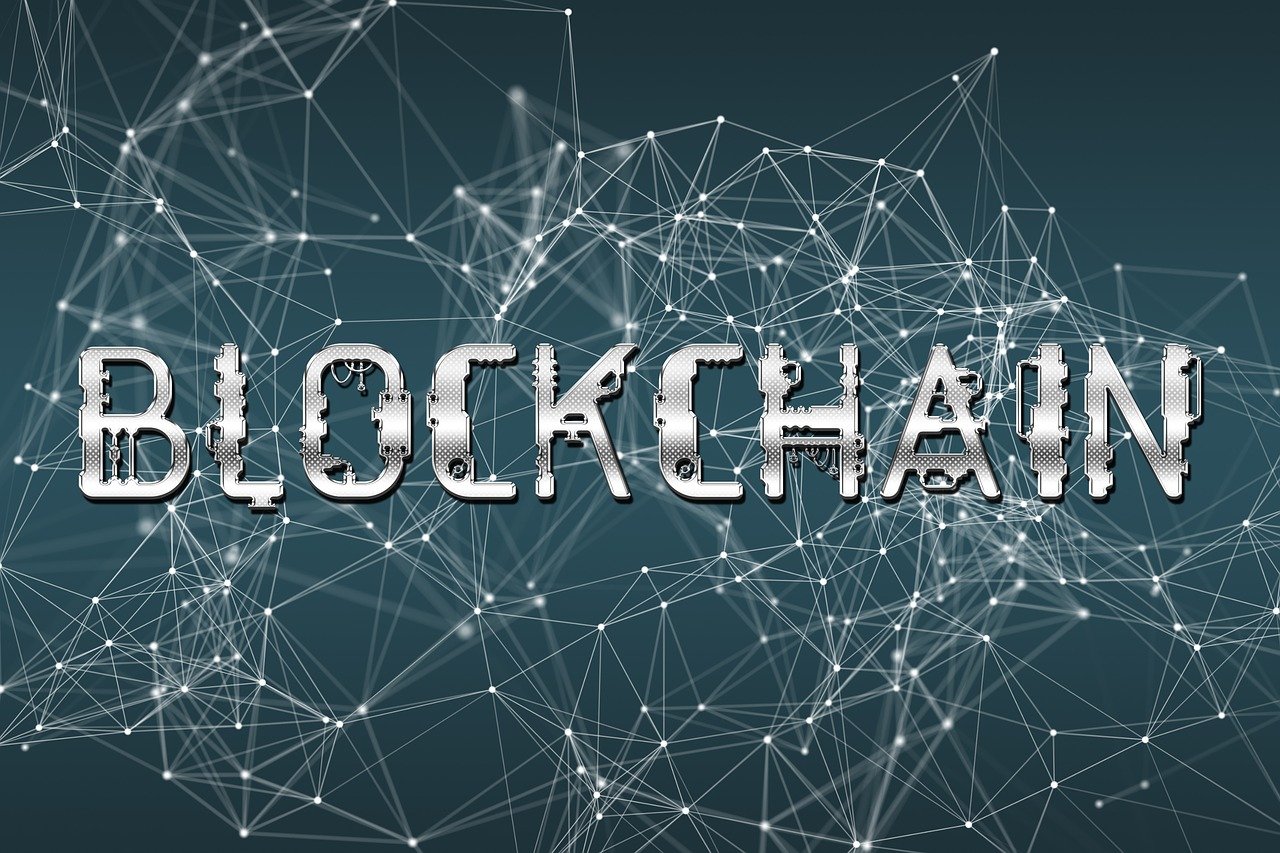As the world steadily embraces digital advancements, Virtual Currency emerges as a revolutionary force with the potential to transform various sectors, including education. The decentralized nature of Virtual Currency, along with its underlying blockchain technology, promises to reshape traditional educational models, enhance financial accessibility, and provide innovative solutions to long-standing challenges. This blog post explores Virtual Currency’s potential impact on the education system, examining the ways it can drive change and foster a more inclusive and efficient educational landscape.
Understanding Virtual Currency and Blockchain
Virtual Currency, the first and most well-known Virtual currency, operates on a decentralized network, eliminating the need for intermediaries such as banks. Transactions are recorded on a blockchain, a secure and transparent ledger that ensures data integrity and security. This technology has applications beyond financial transactions, offering innovative solutions to various sectors, including education.
The Benefits of Decentralization
Decentralization is a key feature of Virtual Currency and blockchain technology. In the context of education, decentralization can lead to significant improvements. Traditional educational institutions often face bureaucratic inefficiencies, centralized control, and a lack of transparency. By leveraging blockchain technology, educational systems can decentralize their operations, resulting in more efficient and transparent processes. You can also explore Immediate Apex AI for further information.
Enhancing Financial Accessibility
One of the most promising aspects of Virtual Currency in education is its potential to enhance financial accessibility. Tuition fees and other educational expenses can be prohibitively high, limiting access to quality education for many students. Virtual Currency offers a decentralized financial system that can reduce transaction costs and facilitate cross-border payments, making education more affordable and accessible to students worldwide.
Transforming Credential Verification
Credential verification is a critical aspect of the education system. Employers and institutions need to verify the authenticity of degrees, certificates, and other qualifications. The current process is often time-consuming, costly, and prone to fraud. Virtual Currency and blockchain technology can revolutionize this process by providing a secure, transparent, and tamper-proof system for verifying credentials.
Creating a Decentralized Academic Record
With blockchain technology, educational institutions can create decentralized academic records that are secure and immutable. Students’ academic achievements can be recorded on the blockchain, ensuring that credentials are verifiable and cannot be altered or falsified. This system can significantly reduce the incidence of credential fraud and streamline the verification process for employers and educational institutions.
Simplifying International Credential Recognition
International students often face challenges when their qualifications are not recognized or accepted in other countries. Blockchain technology can simplify international credential recognition by providing a standardized, verifiable system for recording and verifying academic achievements. This can facilitate greater mobility for students and professionals, enhancing global education opportunities.
Empowering Lifelong Learning
The concept of lifelong learning is becoming increasingly important in today’s rapidly changing world. Continuous education and skill development are essential for staying competitive in the job market. Virtual Currency and blockchain technology can support lifelong learning by providing a flexible, decentralized system for tracking and verifying skills and qualifications.
Micro-Credentials and Skill Badges
Blockchain technology can enable the issuance of micro-credentials and skill badges, which are smaller, more specific certifications that recognize particular skills or competencies. These digital credentials can be securely stored and easily shared, providing a verifiable record of an individual’s skills and achievements. This system can encourage continuous learning and make it easier for employers to identify qualified candidates.
Personalized Learning Pathways
Virtual Currency and blockchain technology can also support personalized learning pathways. By leveraging data analytics and blockchain records, educational institutions can create customized learning experiences tailored to individual students’ needs and goals. This approach can enhance student engagement and improve educational outcomes.
Facilitating Financial Aid and Scholarships
Financial aid and scholarships are essential for many students to access education. However, the current system for distributing and managing financial aid is often inefficient and prone to delays and errors. Virtual Currency and blockchain technology can streamline these processes, ensuring that funds are distributed quickly and accurately.
Reducing Fraud and Mismanagement
Fraud and mismanagement are significant concerns in the distribution of financial aid and scholarships. Blockchain’s secure and transparent nature can reduce the risk of fraud and ensure that funds are used for their intended purpose. This can enhance the integrity of financial aid programs and increase trust among stakeholders.
Encouraging Innovation and Collaboration
Virtual Currency and blockchain technology can foster innovation and collaboration within the education sector. By providing a decentralized platform for sharing resources and information, these technologies can facilitate new approaches to teaching and learning.
Open Educational Resources
Blockchain technology can support the creation and distribution of open educational resources (OER), which are freely accessible teaching and learning materials. By leveraging blockchain, educators can share their resources securely and transparently, promoting collaboration and innovation in the development of educational content.
Decentralized Learning Platforms
Decentralized learning platforms, powered by blockchain technology, can provide a more flexible and inclusive approach to education. These platforms can connect learners and educators from around the world, offering a diverse range of courses and learning opportunities. This can democratize education, making it more accessible to a broader audience.
Conclusion
Virtual Currency and blockchain technology hold immense potential to transform the education system. From enhancing financial accessibility and credential verification to supporting lifelong learning and facilitating financial aid, these technologies can address many of the challenges faced by traditional educational models. As we continue to explore and implement these innovations, we can create a more inclusive, efficient, and transparent education system that empowers learners and educators worldwide. Embracing Virtual Currency’s potential in education is not just an opportunity; it’s a necessity for building a future-ready education system.
DISCLAIMER – “Views Expressed Disclaimer: Views and opinions expressed are those of the authors and do not reflect the official position of any other author, agency, organization, employer or company, including NEO CYMED PUBLISHING LIMITED, which is the publishing company performing under the name Cyprus-Mail…more







Click here to change your cookie preferences